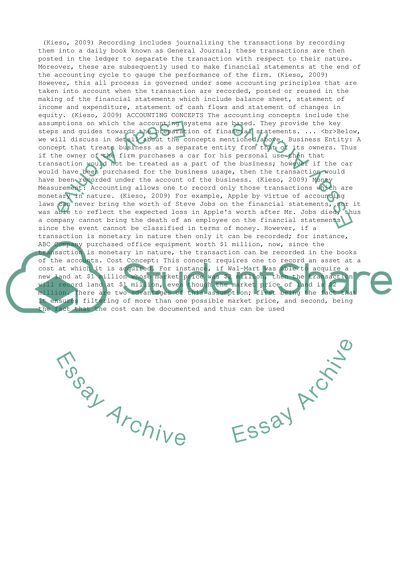Cite this document
(“Financial Management Essay Example | Topics and Well Written Essays - 1500 words - 2”, n.d.)
Financial Management Essay Example | Topics and Well Written Essays - 1500 words - 2. Retrieved from https://studentshare.org/management/1472407-financial-management
Financial Management Essay Example | Topics and Well Written Essays - 1500 words - 2. Retrieved from https://studentshare.org/management/1472407-financial-management
(Financial Management Essay Example | Topics and Well Written Essays - 1500 Words - 2)
Financial Management Essay Example | Topics and Well Written Essays - 1500 Words - 2. https://studentshare.org/management/1472407-financial-management.
Financial Management Essay Example | Topics and Well Written Essays - 1500 Words - 2. https://studentshare.org/management/1472407-financial-management.
“Financial Management Essay Example | Topics and Well Written Essays - 1500 Words - 2”, n.d. https://studentshare.org/management/1472407-financial-management.


